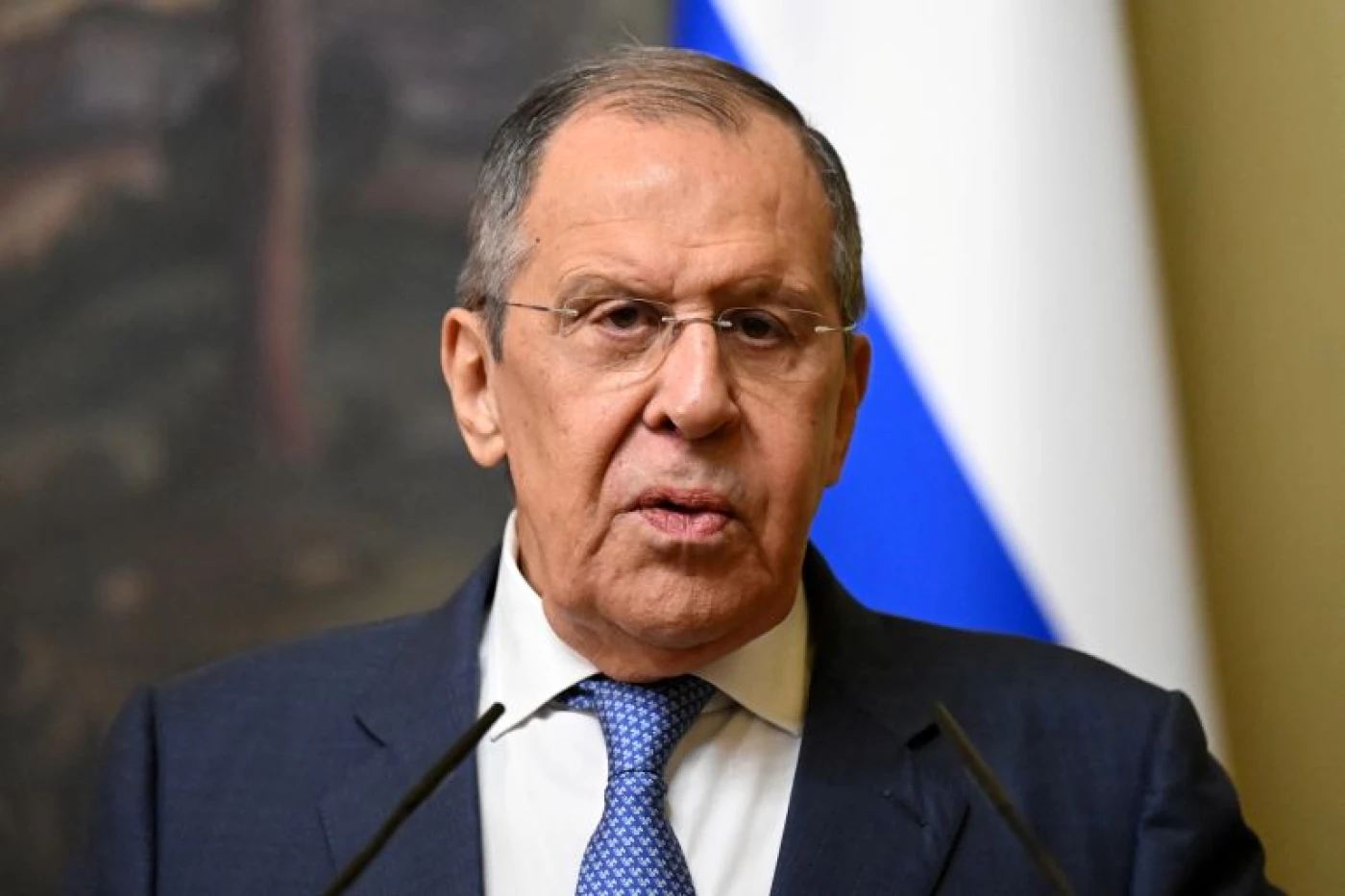DUBAI, UAE - Russia is deepening its cooperation with Iraq, with new initiatives in oil, technology, and efforts to boost political stability, Russian Foreign Minister Sergey Lavrov said in a recent interview.
Lavrov highlighted the collaboration between Moscow, Baghdad, and Erbil, as part of broader efforts to address political fragmentation in Iraq.
Speaking to Russia Today (RT), Lavrov said Russian diplomats are actively working to reinforce stability across Iraq by engaging with various regions and organizing events.
“We are cooperating with Baghdad and Erbil and helping the Iraqis to overcome the issue of fragmentation in this country,” Lavrov said, referring to ongoing efforts to bring Iraq’s central government and the Kurdistan Region closer together.
Lavrov also pointed to plans for expanding cooperation in Iraq’s vital oil and gas sector, alongside new ventures in technology, information, and communications.
“The oil and gas industry is the mainstay of the Russian economy, and we hope to collaborate with Baghdad in these areas within the framework of the joint committee that will be established between Russia and Iraq,” he noted.
The discussion comes in the wake of Iraqi Prime Minister Mohammed Shia' al-Sudani’s official visit to Moscow last fall, which set the stage for these emerging collaborations.
Lavrov also touched on regional dynamics, including efforts to normalize relations between Turkey and Syria, and concerns over potential conflict escalation involving Israel and Iran. He underscored the seriousness of the Gaza crisis potentially expanding into a wider regional conflict.
In October 2023, PM Sudani undertook a significant two-day visit to Moscow, marking a notable shift in Iraq's foreign policy under his administration.
During the visit, which took place on October 10-11, Sudani met with Russian President Vladimir Putin and participated in the Russian Energy Week forum.
The discussions focused on bolstering bilateral ties across various sectors, particularly in energy, security, and infrastructure development.
One of the key outcomes was the emphasis on enhancing cooperation in the energy sector, where Russian companies like Rosneft, Lukoil, and Gazprom Neft have substantial investments in Iraq.
The two leaders also discussed coordination in the fight against terrorism, with Sudani highlighting Russia's ongoing support to Iraq in this area.
Additionally, the visit underscored Iraq's interest in involving Russia in the Development Road project, aimed at transforming Iraq into a regional transportation hub.
Sudani's visit also had geopolitical implications, as it was perceived as a move to balance Iraq's relations with both the United States and Russia.
This visit occurred against the backdrop of tensions between Washington and Baghdad over financial restrictions, and amid heightened regional instability following an escalation in the Palestinian-Israeli war.
The visit reinforced Iraq's strategy of maintaining a balanced foreign policy, avoiding alignment with any single global power bloc.



 Facebook
Facebook
 LinkedIn
LinkedIn
 Telegram
Telegram
 X
X


